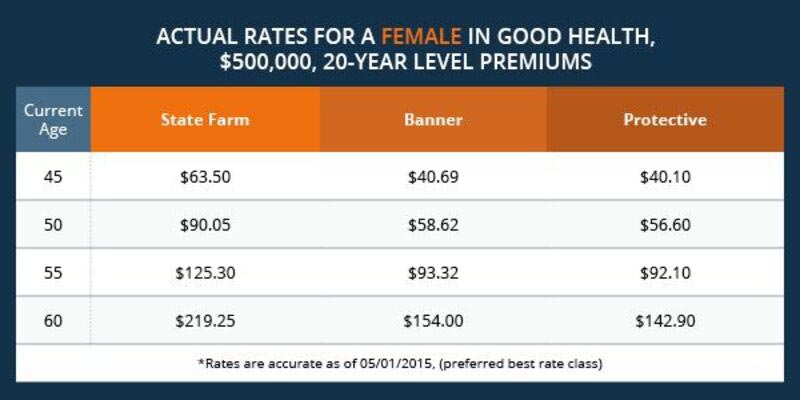After you begin taking distributions from your 401(k) or conventional IRA, the distributions are subject to the same taxation as other types of income. On your tax return (Form 1040), you will immediately report the taxable portion of your payout. Remember that there are differences between the tax considerations for a Roth 401(k) and a Roth IRA.
Do You Get Taxed Again When You Take Money Out of Your 401(K)?
This is a question that comes up occasionally, and we are aware of the reasons why it would appear that way. On the other hand, you won't be taxed twice for money taken out of your 401(k). Because twenty percent of your payout is being withheld as tax, you effectively pay some of your taxes in advance.

The amount that is withheld from your pay might need to be increased to pay all of the taxes that you owe, depending on your financial circumstances. If so, the remaining tax balance must be paid when the return is submitted. If the contrary is true and you have paid more than you are required to, you will be eligible for a refund when it comes time to file your taxes.
Tax Calculation for A Traditional 401 (K)
The taxation of withdrawals from a typical 401(k) is straightforward. Your plan payments were deducted from your gross income before taxes were calculated. As a result, the income tax you had to pay at the time was lower than it would have been without the contributions (since your taxable earned income was lower). As a result of this delay, taxes must be paid on 401(k) payouts once they commence.
Distributions from these types of plans are typically taxed as regular income in the year they are received. Nevertheless, there are a few exceptions, such as if you were born before 1936 and you want to get your distribution all at once. You might be eligible for preferential tax treatment in this situation.
A SEP IRA, another tax-deferred retirement plan, is available to employees of some smaller businesses and self-employed people. Similarly, because contributions are made using pre-tax cash, the recipient will owe taxes whenever the funds are withdrawn.
Taxation Of A Conventional 401(K) (K)
Consider the next tax year of 2022. It cost a married couple making $90,000 jointly who filed taxes at the 22% rate an additional $9,615. (In 2023, a taxpayer with $90,000 in income will owe $11,294 in taxes, which includes $22% of the excess over $89,450.) An increase in the couple's income that places them in a higher tax bracket (or that adds to the income already in the 22% bracket) would result in a greater tax bill.
Considering the potential impact of mandatory 401(k) withdrawals after age 73 (or 75 in some situations) on your tax bill is crucial in light of the ever-increasing tax rate. C.L. Sheldon & Company LLC's president in Alexandria, Va., Curtis Sheldon, CFP®, emphasizes the significance of paying taxes on 401(k) withdrawals. More crucial is the question, "How will your 401(k) payouts affect the various taxes and fees that you owe?"
Sheldon uses the topic of taxation on SSI payments as an illustration. Income tax is not typically paid on Social Security retirement payments unless the recipient's yearly income exceeds a threshold. When someone takes a big sum out of their 401(k), it might put them above the income threshold that triggers taxation of their Social Security payments. Taxes of up to 85 percent of Social Security payments may be due if your yearly income is more than $34,000 ($44,000 for married couples).

Distributions from a conventional 401(k) or traditional IRA are subject to the same graduated taxation system as other sources of income. The tax cut and job act (TCJA) of 2017 decreased rates. But, the seven-bracket system and progressive rates will continue functioning as before. Nevertheless, this price cut will end after 2025.
A withdrawal from a 401(k) plan like this one requires careful planning and consideration of the consequences (k).
Conclusion
Choosing between a Roth 401(k), which accepts after-tax contributions, and a standard 401(k), which gets pre-tax income, is the first step in managing and lowering your 401(k) account's tax burden. Maintaining both may help you avoid deciding whether to pay all of the ensuing taxes now or later, as suggested by some experts. Choosing a Roth or traditional retirement account depends on several personal circumstances, including age, salary, tax bracket, and residency status. Given the difficulty of balancing these factors, it's wise to consult an expert.




